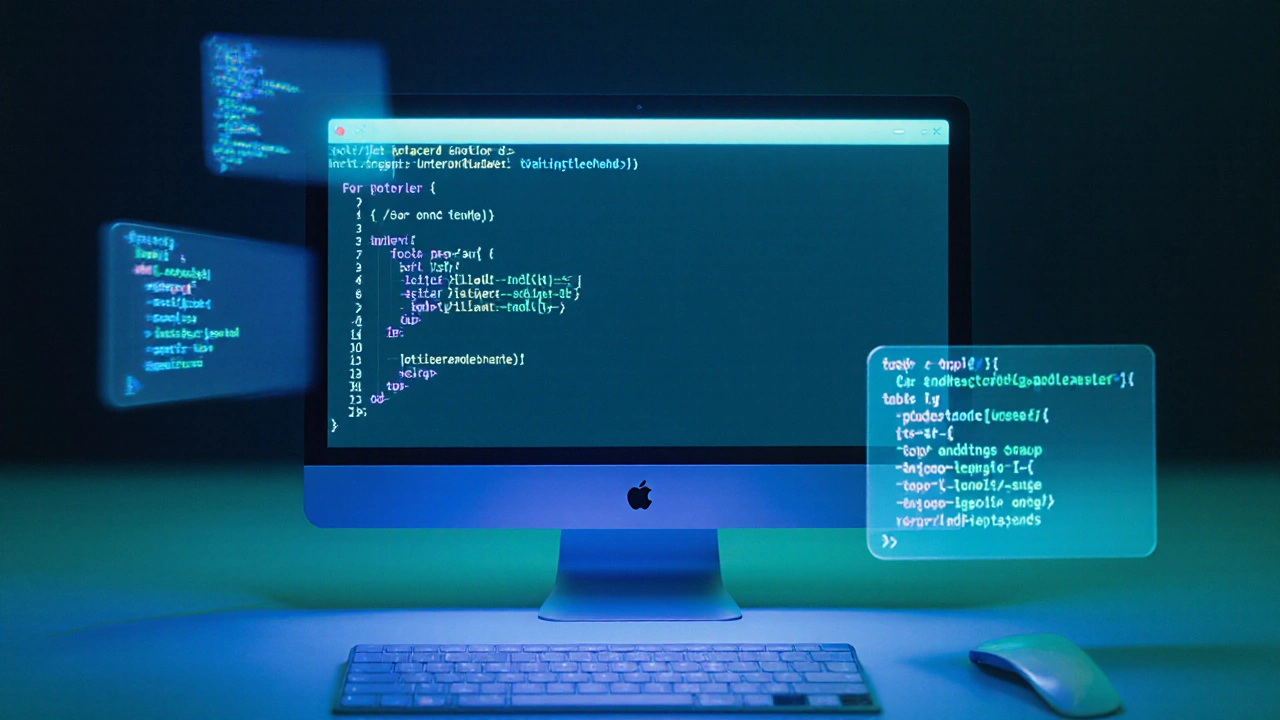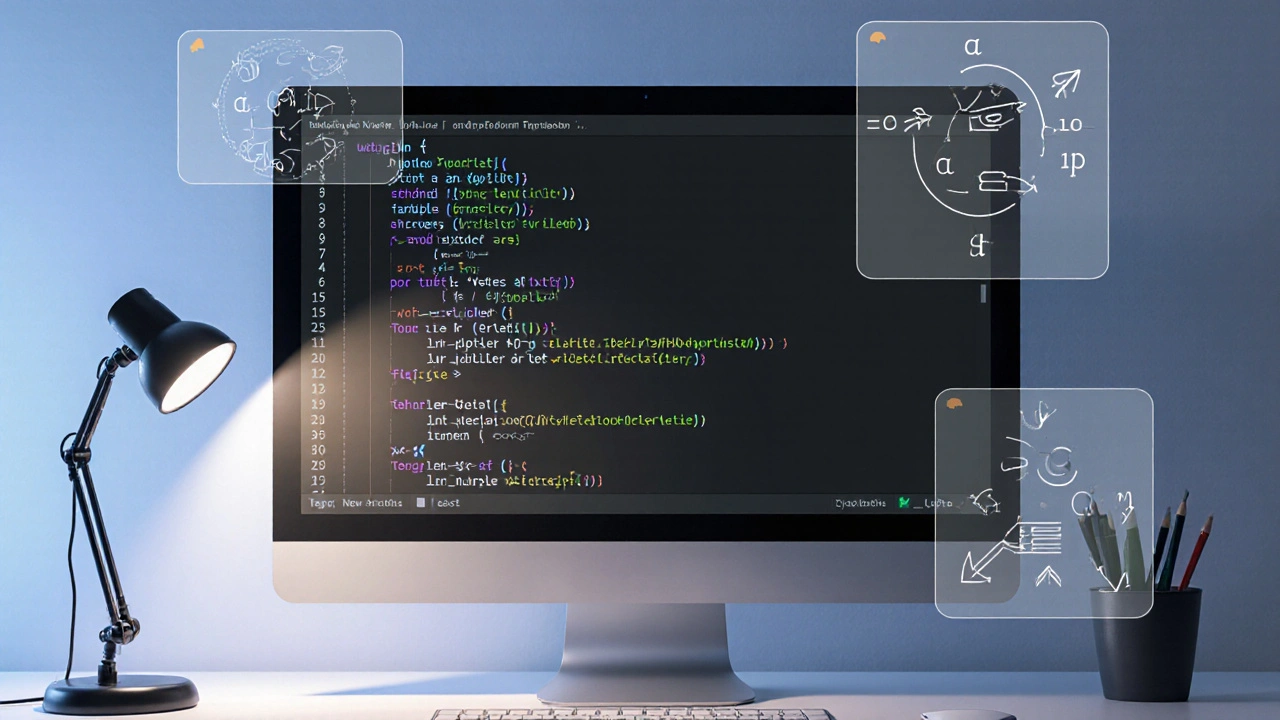Python Shortcuts: Save Time and Code Smarter
If you've ever spent hours cleaning up Python code or hunting down annoying bugs, you’re not alone. Python shortcuts let you speed things up, reduce errors, and make your code way easier to manage. Forget typing out repetitive stuff—these tricks help you focus on the logic, not the busywork.
Python is famous for being beginner-friendly, but knowing some neat shortcuts can take you from novice to ninja fast. Whether it’s mastering list comprehensions, using built-in functions like enumerate() instead of messy loops, or slicing lists with just a few characters, these tips matter. They save you time and keep your code clean, which means fewer headaches later.
Key Shortcuts That Make Your Python Life Easier
Take the humble dictionary comprehension. Instead of looping through data with a few lines of code, a single line can create or filter dictionaries in a snap. For example, {k:v for k,v in some_dict.items() if v > 10} grabs items you care about without extra steps. Or try unpacking values directly with a, b = b, a to swap without a temp variable—simple but mighty.
Don’t underestimate the power of Python’s built-ins like zip() for combining lists, or any()/all() to check conditions cleanly. Using them instead of writing loops lets your code run faster and looks polished. These aren’t just shortcuts—they’re smarter ways to write Python.
Debugging Faster with Python Shortcuts
Spotting bugs can feel like detective work, but Python offers tools that make it less painful. Embedding assert statements helps catch problems early without cluttering your code with print debugging. Also, using exception handling with try-except blocks focused on specific errors lets your program recover gracefully without crashing.
Another time-saver is the pdb debugger, which lets you pause your program and investigate variables on the fly instead of guessing what went wrong. Getting comfortable with these debugging shortcuts means you fix problems faster and spend more time building cool features.
Python shortcuts aren’t just tricks — they’re your best friends when writing code that’s clean, fast, and reliable. Once you start using them, you’ll wonder how you ever coded without these hacks. So grab your keyboard and try swapping loops for comprehensions, make the most of built-ins, and debug smarter to take your coding game up a notch.

- Nov 25, 2025
- Alfred Thompson
- 0 Comments
Python Tricks: Essential Coding Shortcuts Every Pro Uses
Discover essential Python tricks used by professional developers to write cleaner, faster, and more maintainable code. From list comprehensions to pathlib and lru_cache, these practical shortcuts boost productivity without complexity.

- Nov 15, 2025
- Travis Lincoln
- 0 Comments
10 Python Tricks for a More Efficient Coding Experience
Discover 10 practical Python tricks that make your code faster, cleaner, and less error-prone. From list comprehensions to type hints, these are real techniques used by professional developers every day.

- May 11, 2025
- Travis Lincoln
- 0 Comments
Python Tricks: Master Expert Guide to Clever Coding
Unlock the smarter way to use Python with tips that boost speed and code quality. This guide skips the usual fluff and dishes out hands-on tricks you won't find in beginner tutorials. Whether you need shortcuts, clever uses of built-in features, or real-life practical hacks to impress at work, you'll find something here. Topics cover everything from magic methods to one-liners and efficient debugging. Grab these pro-level insights and step up your Python game.
